The room smelled like Clorox, and I had a knot in my stomach. Lying in her hospital bed, my mom tried to smile, but I could see the fear in her eyes. I was scared too. My family and I filled the thick air with small talk, but I wasn’t really listening. I kissed her goodbye and walked out, leaving her in what I hoped were the doctors’ capable hands.
I was a sophomore in high school when my mom, Cynde Cabatic, received a heart transplant in 2023. But her battle with heart failure began long before that. For as long as I could remember, she had struggled with her health. As a kid, I didn’t fully understand what heart failure meant or how serious it was, but as I got older, the weight of it hit me. When my mother was six months pregnant with me, she was diagnosed with Hodgkin’s Lymphoma. The chemo that saved her from cancer also slowly damaged her heart, leading to years of heart failure. When she told me a transplant was her last option, the reality of the situation became terrifyingly clear.
According to a Yale Medicine fact sheet on heart transplants, when heart failure occurs, the heart is unable to pump enough blood to meet the needs of the body. It’s a progressive disease that often becomes untreatable with medication, leaving a transplant as the final hope. More than 3,700 heart transplants are performed worldwide each year, but, as stated in the report, there are currently about 3,800 people in the United States on the waiting list for a donor heart, and many will wait more than six months. The gap between need and availability makes each successful transplant a miracle.
“I knew my health was declining but admitting that a transplant was my only option was hard,” my mom told me, reflecting on the months leading up to surgery. “I kept thinking about my kids. I worried about how they’d handle everything, but I knew I had to fight for them.”
I remember sitting in silence after she’d said that about the transplant, the possibility of losing her pressing down on me like a weight I couldn’t lift. I thought about the story she’d always told me about her childhood, how she’d lost her own mother at age ten and had to help raise her three younger siblings. Now, I might be in that same position with my own younger brother and sister, who were only 11 and eight at the time. The thought terrified me.
As her health declined, so did the normalcy of our lives. My dad worked long hours, so I became the primary caregiver. I cooked for my siblings, helped with homework, kept track of their activities and even made sure my dad woke up on time to drive them places. After school, I’d come home exhausted from football workouts, only to face hours of responsibilities. There were no breaks. No extensions on homework. No excuses accepted. People tried to offer empathy, but I didn’t want pity. I wanted things to go back to the way they were—but I also knew I had to be strong. My siblings needed me. I was their rock.
Helping my mom before her surgery had already become part of our daily routine. She struggled with stairs, so I ran up and down them to get things for her. I stayed home to watch my siblings during her many doctor’s appointments. Despite how hard it was, I never saw it as a burden; I just wanted to take some of the weight off her shoulders.
Then came the day we got “the call.” The hospital had found a matching heart, and she had to come in immediately for surgery. I was in school, but we’d made a plan—if the call came while I was there, then I’d be pulled from class. When my teacher’s phone rang and she looked directly at me, my stomach dropped. We picked up my brother and sister and drove to the hospital. It felt like a race against the clock.
My mom had her surgery at Newark Beth Israel Medical Center. Her transplant was performed by a team including Dr. Margarita Camacho, who has since retired, and Dr. Natalia Hochbaum, who now oversees her recovery. “Once a suitable donor heart is found,” Dr. Hochbaum had explained, “They undergo several preparations before the surgery, including medications to suppress the immune system and prevent infections. The heart transplant is a delicate procedure, and after the old heart is removed, the new heart is connected to the patient’s circulatory system, re-started using electrical paddles and monitored closely to ensure it functions properly. The recovery process is equally demanding and requires significant support from family members.”
The surgery started late in the day and lasted six hours. My brother and I stayed in the hospital’s family waiting room for a few hours, trying to distract ourselves with quiet conversations while my aunt and uncle, who are both nurses, discussed her recovery and how long she might be hospitalized. Eventually, my dad took us home, while my sister stayed at the hospital with my aunt and uncle until midnight. She was too scared to leave.
The next morning, we went back. My dad approached the front desk and said what would become a familiar phrase over the next couple of days: “Three kids and one adult.” I’ll never forget the way it echoed in the lobby. When we finally saw my mom, her room was full of flowers and get-well cards. We were late seeing her because of school. She looked weak and pale, but when she gave us the okay, we all hugged her—gently, cautiously, afraid we might hurt her. Her voice was soft, but her smile told us what we needed to know; she had made it.
The next 10 days were full of brief but heartfelt hospital visits, filled with joy and gratitude. Despite the cold winter air outside, her room always felt warm, even with doctors constantly coming and going.
Two days after the surgery, my mom started physical therapy. It was slow at first—simple stretches, short walks—but it was also the first time I truly exhaled. Watching her move again, watching her fight to get stronger, felt like witnessing a miracle. Over time, her color returned, her energy picked up and her laughter came back.
This experience changed me in ways I never could’ve expected. I matured fast—too fast, maybe—but I also found my purpose in the process. I had to be both big brother and co-parent, coach and counselor, and I learned to lead with compassion. I became someone my siblings could depend on emotionally and practically. And though I bottled up my fears to keep them calm, I became emotionally stronger.
My mom’s recovery also inspired me to change my career path to physical therapy. The therapists who helped her regain her strength showed me that healing is more than just medical, it’s also emotional, mental and personal. I want to do for others what they did for her and that is to help people get their lives back.
I’m not alone in being a child who grew up quicky when faced with the potential or real loss of a parent. According to a child bereavement report released in June 2024 by the JAG Institute in partnership with the New York Life Foundation, one in 12 children, or 6.3 million children, will experience the death of a parent or sibling by age 18. Though my mom survived, the shadow of that possibility changed me.
My mom’s heart transplant changed her, me, everything. It brought pain, fear and uncertainty, but it also brought strength, hope and purpose. It forced me to grow up, but it gave me a deeper understanding of what it means to love and to serve. And it gave me a call to help others heal, just like my mom did.
This isn’t just her story. It’s mine, too.

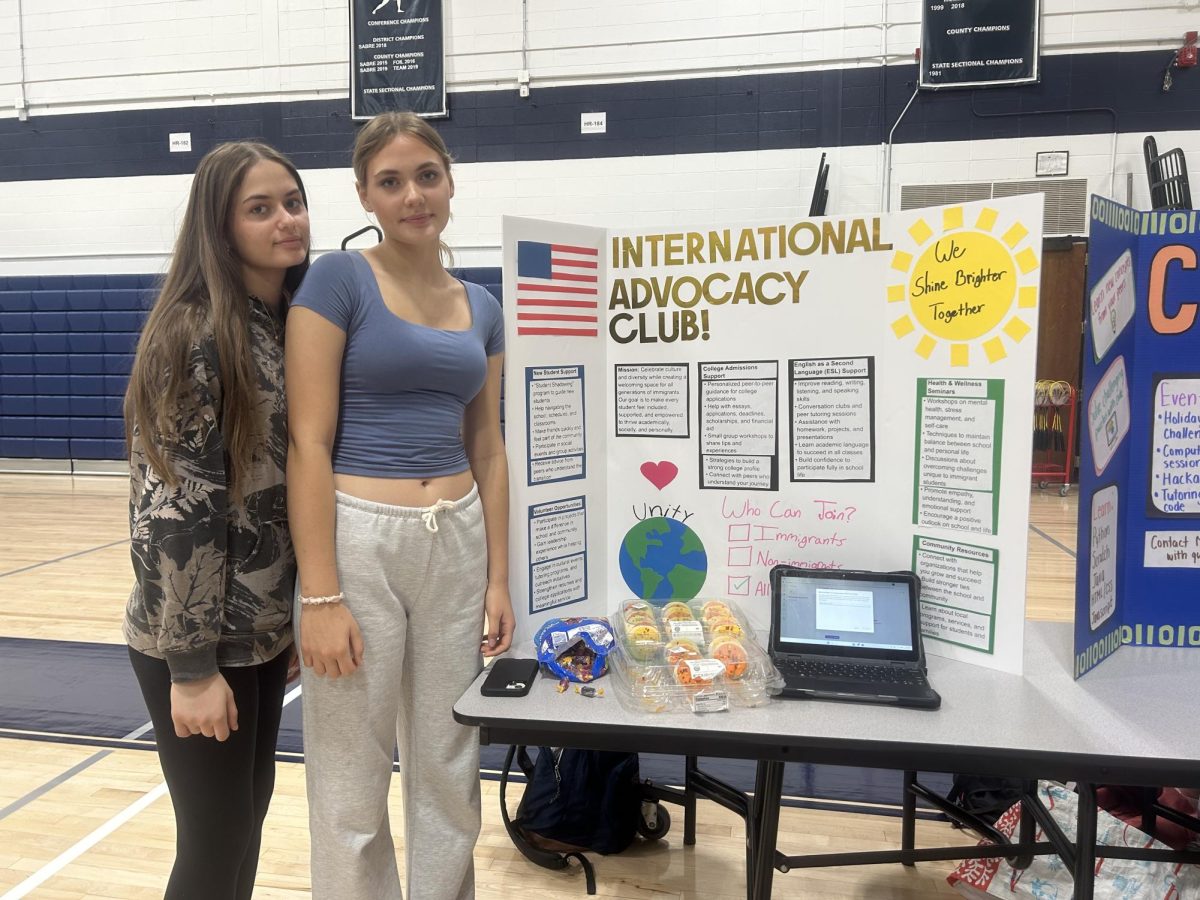
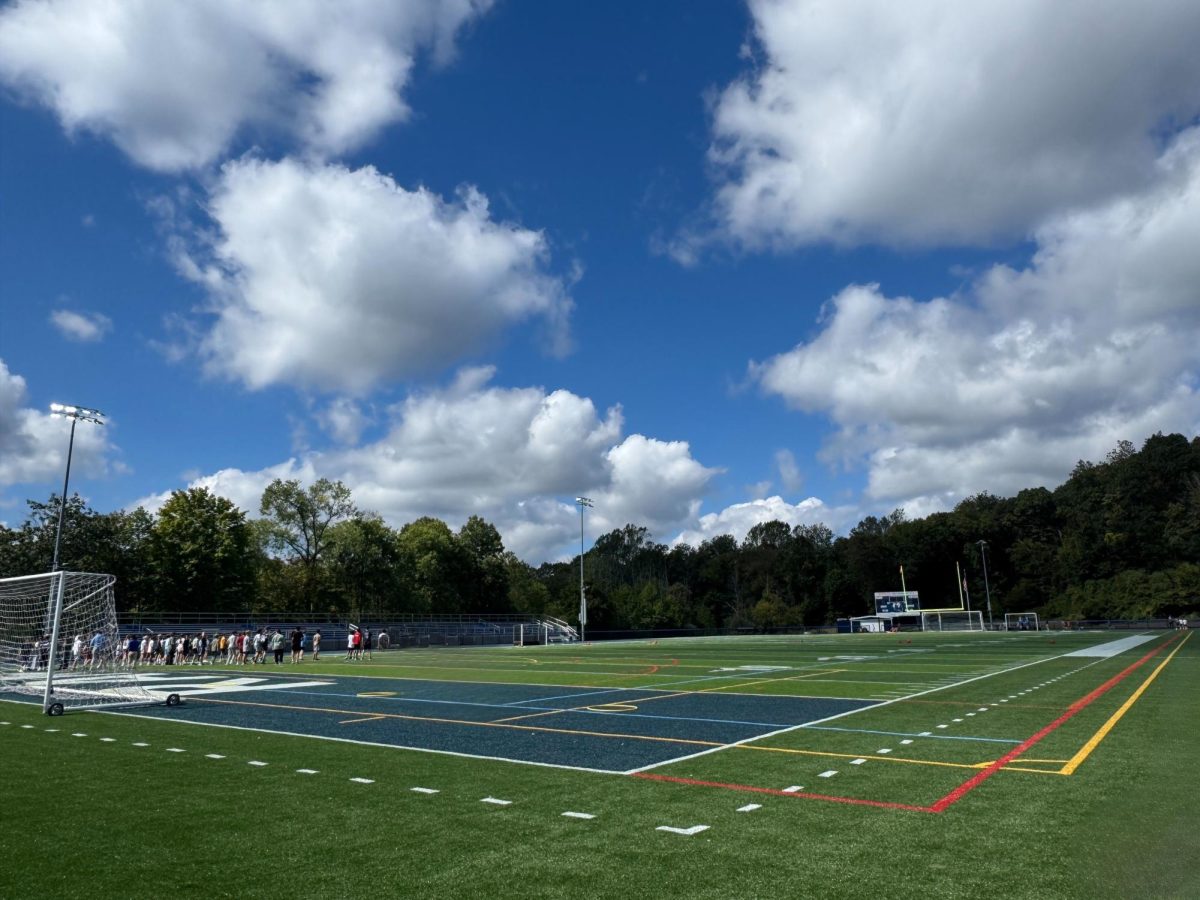
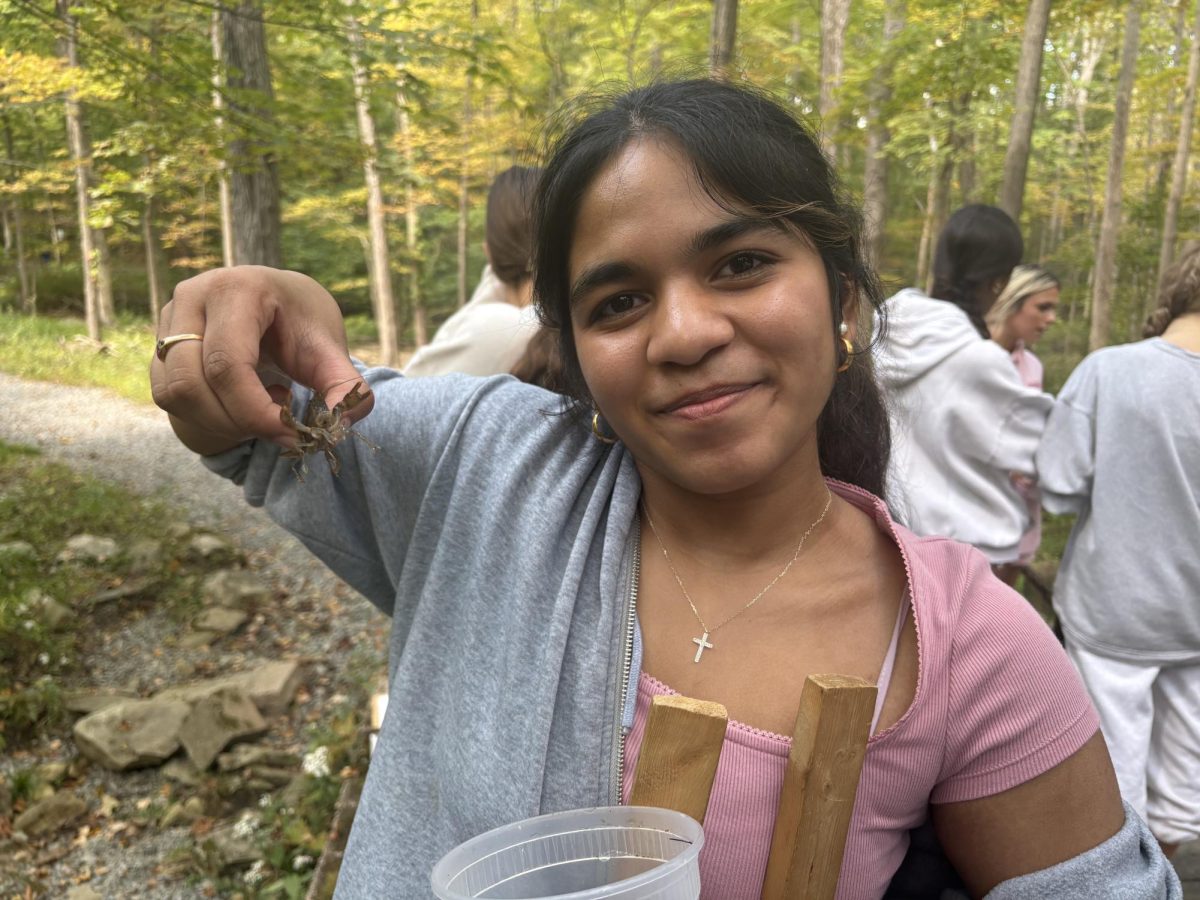

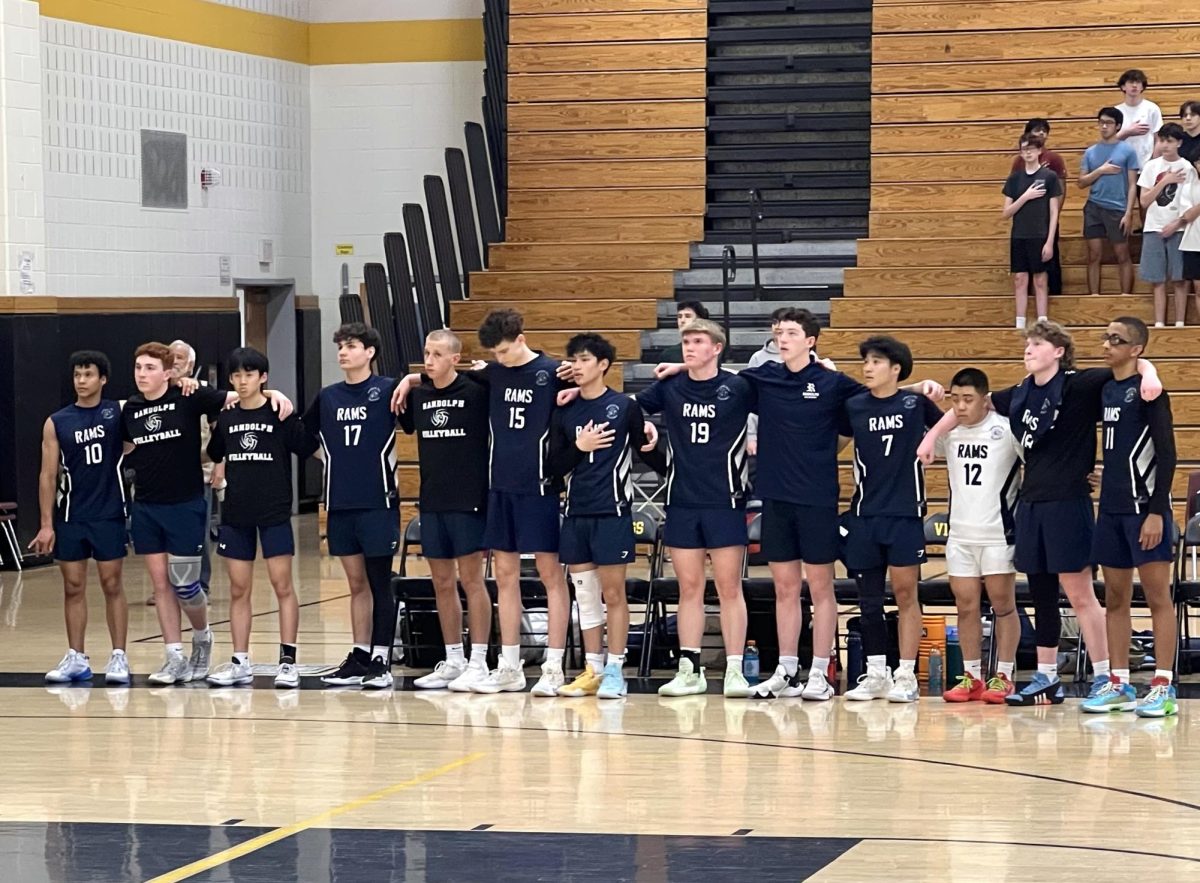
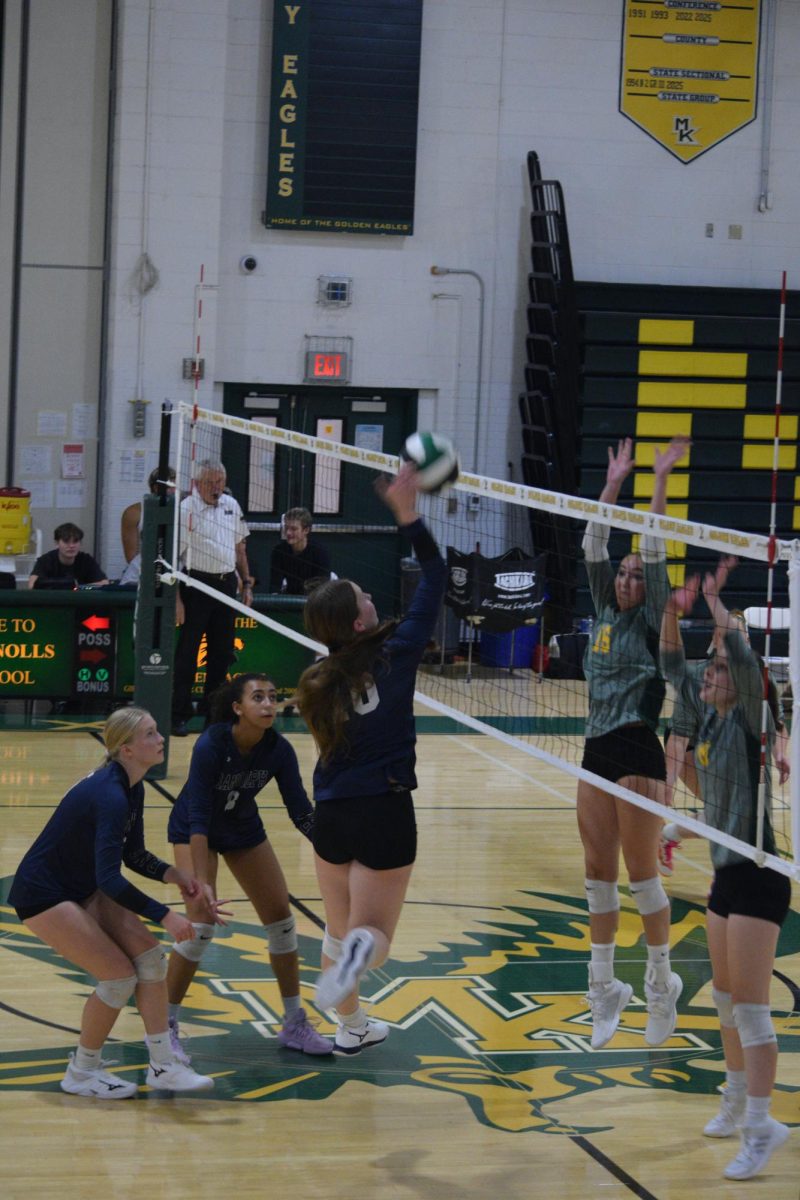
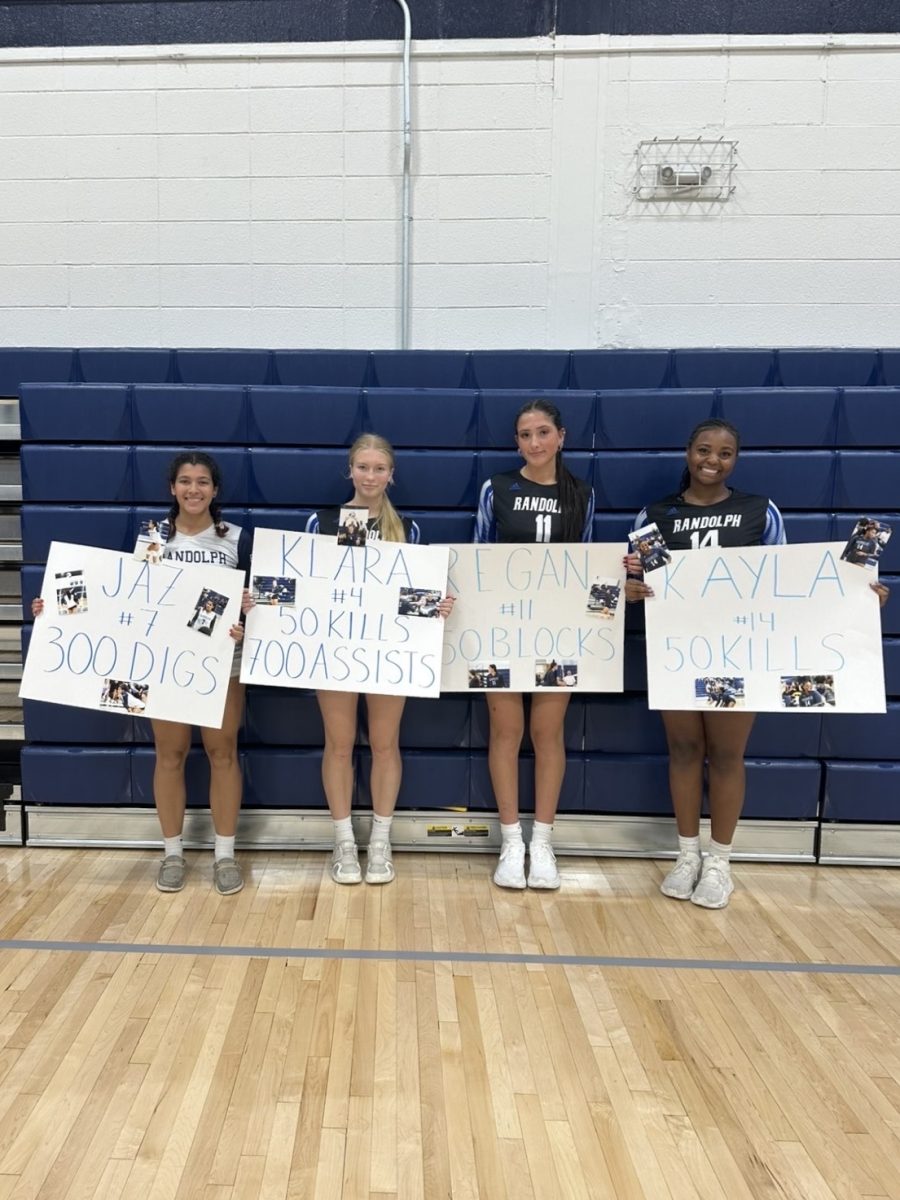
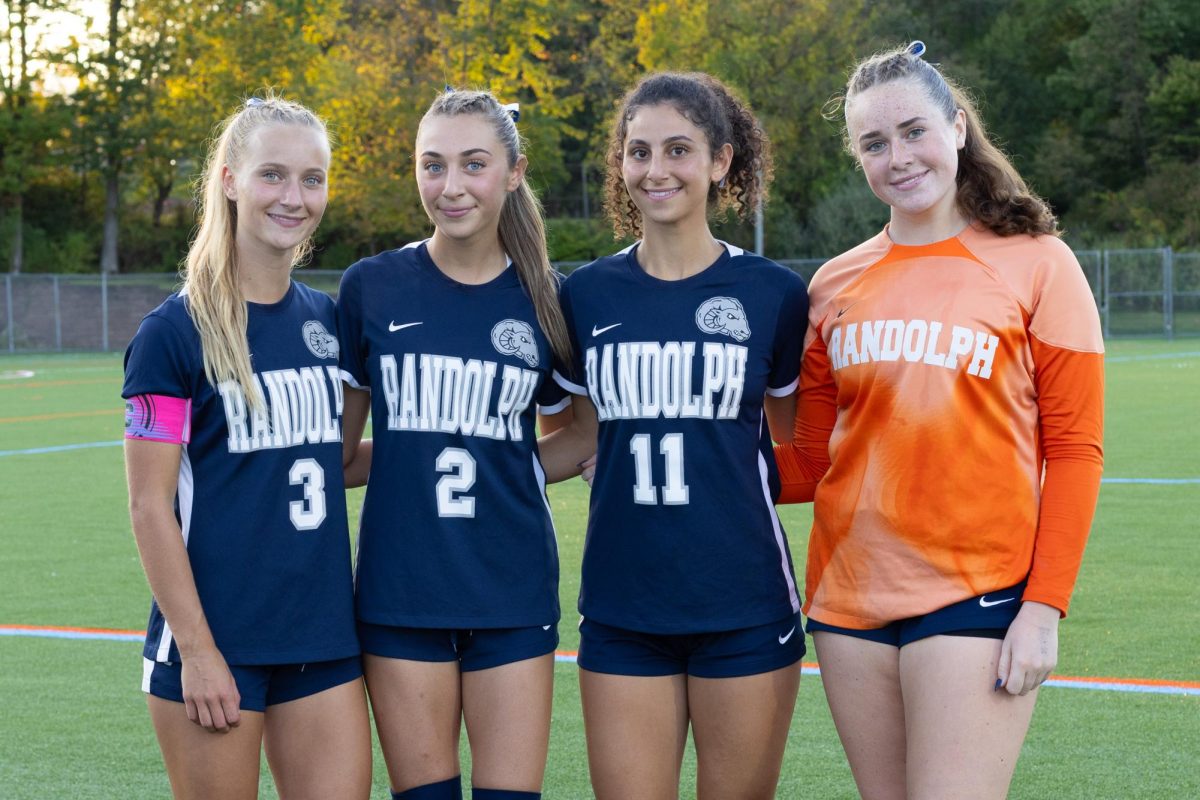
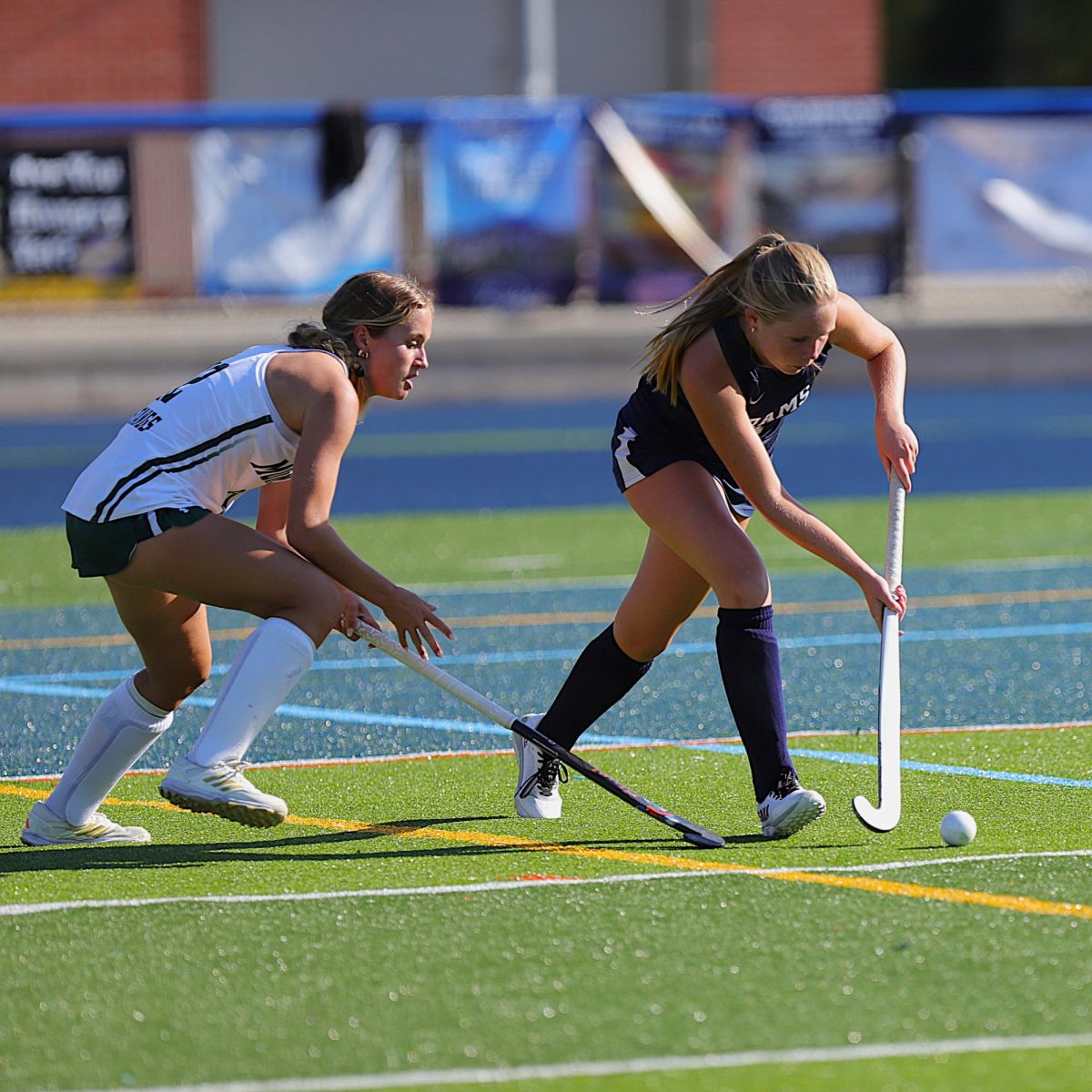
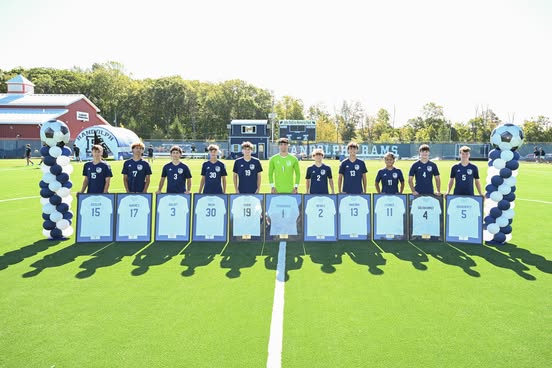
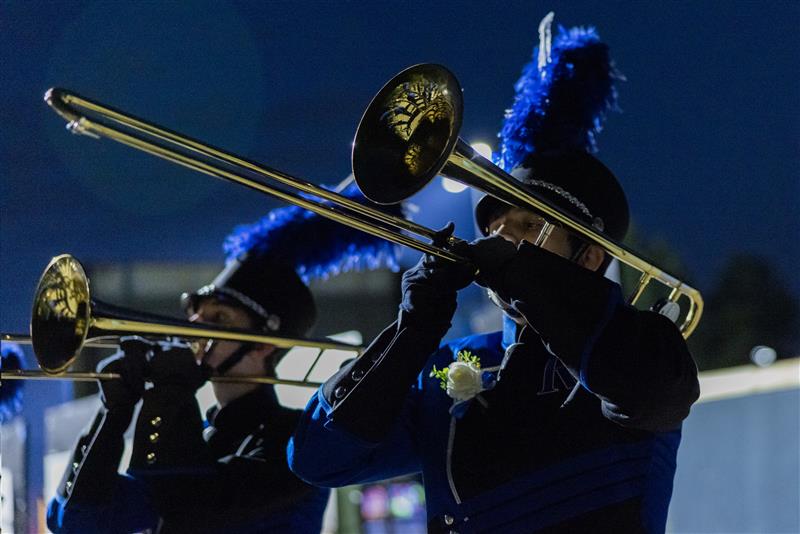

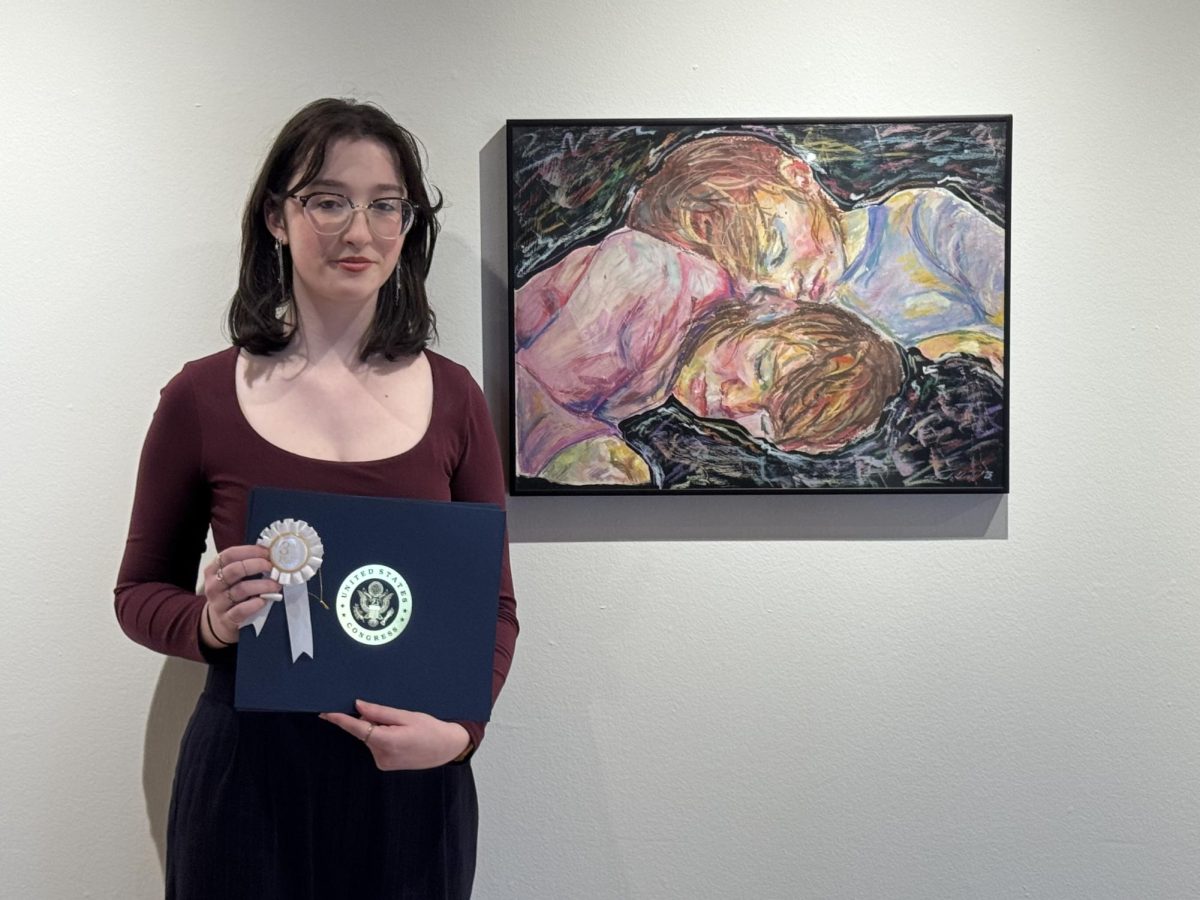

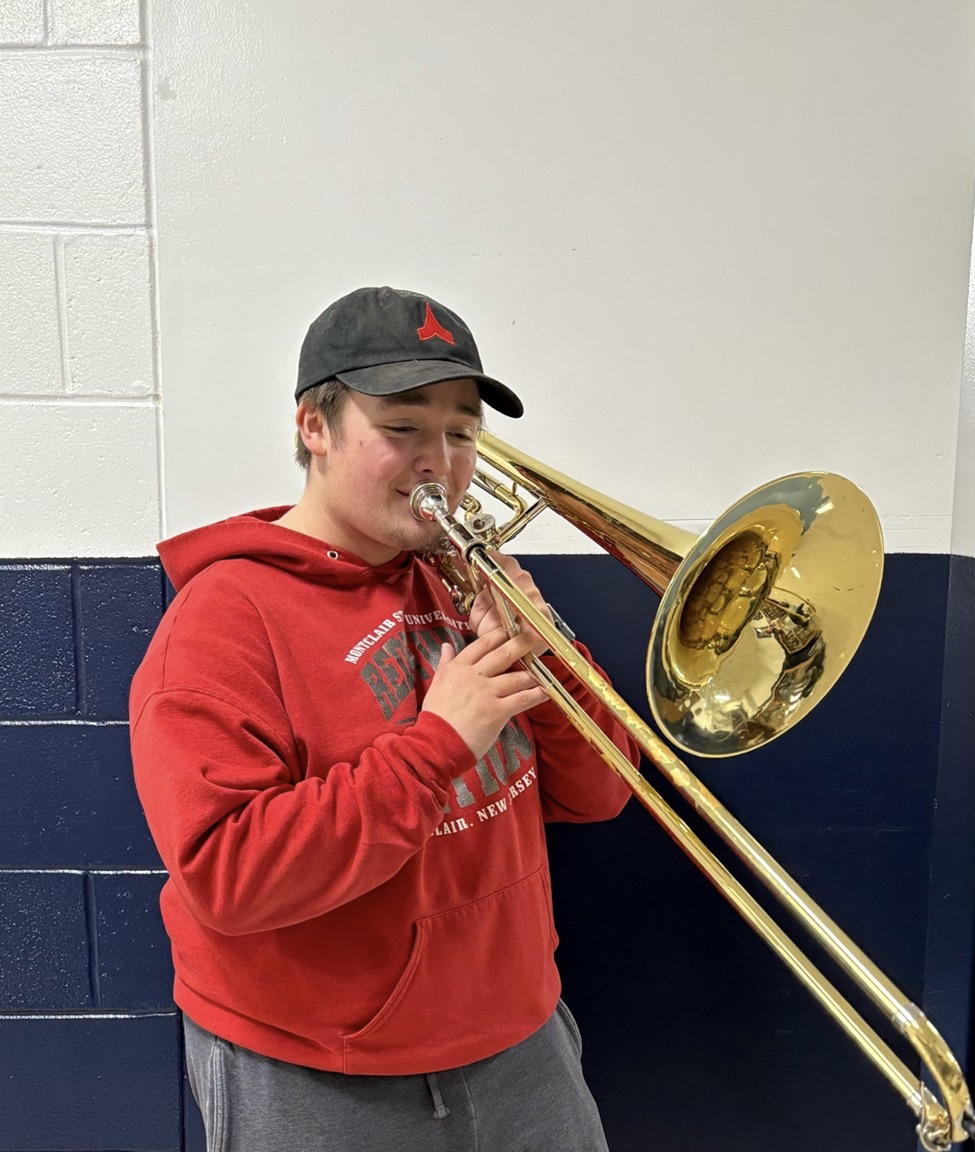
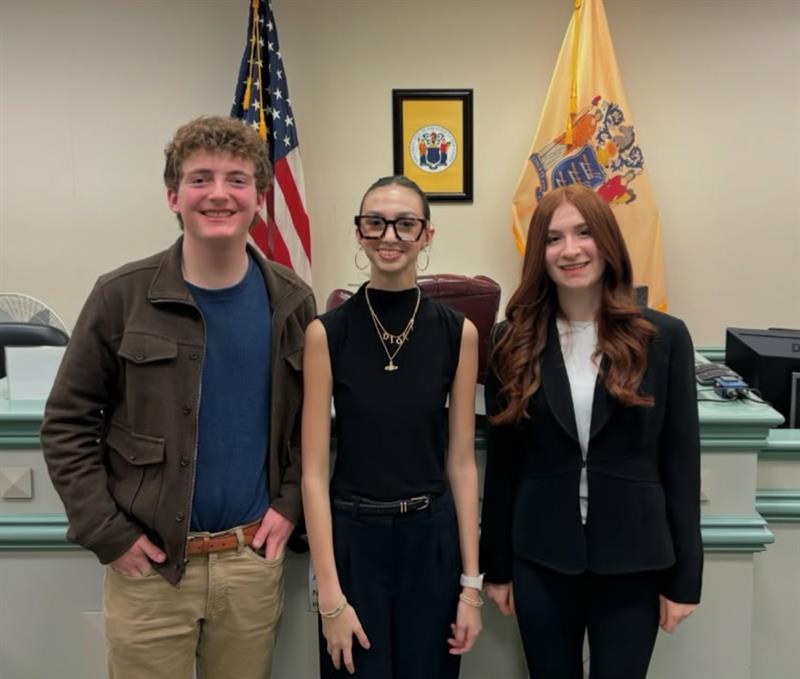
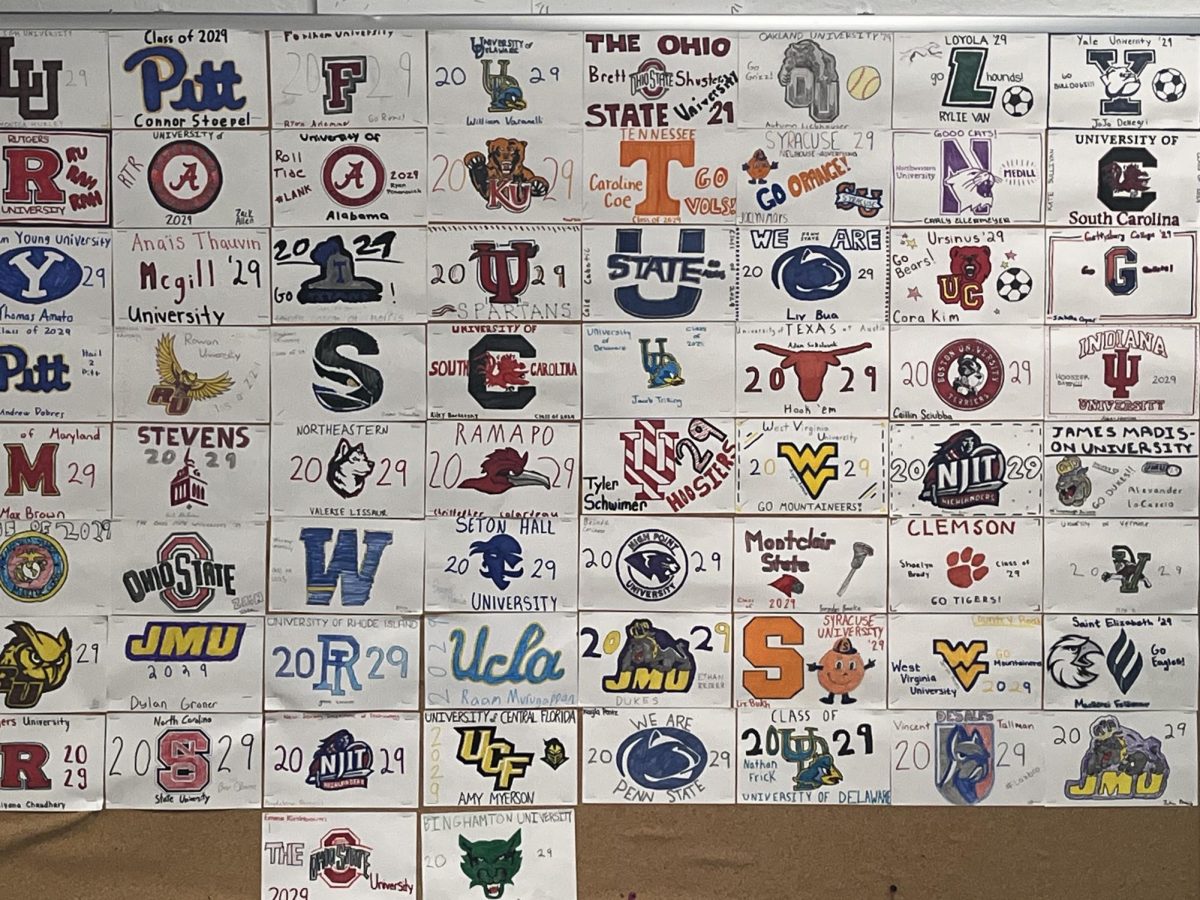

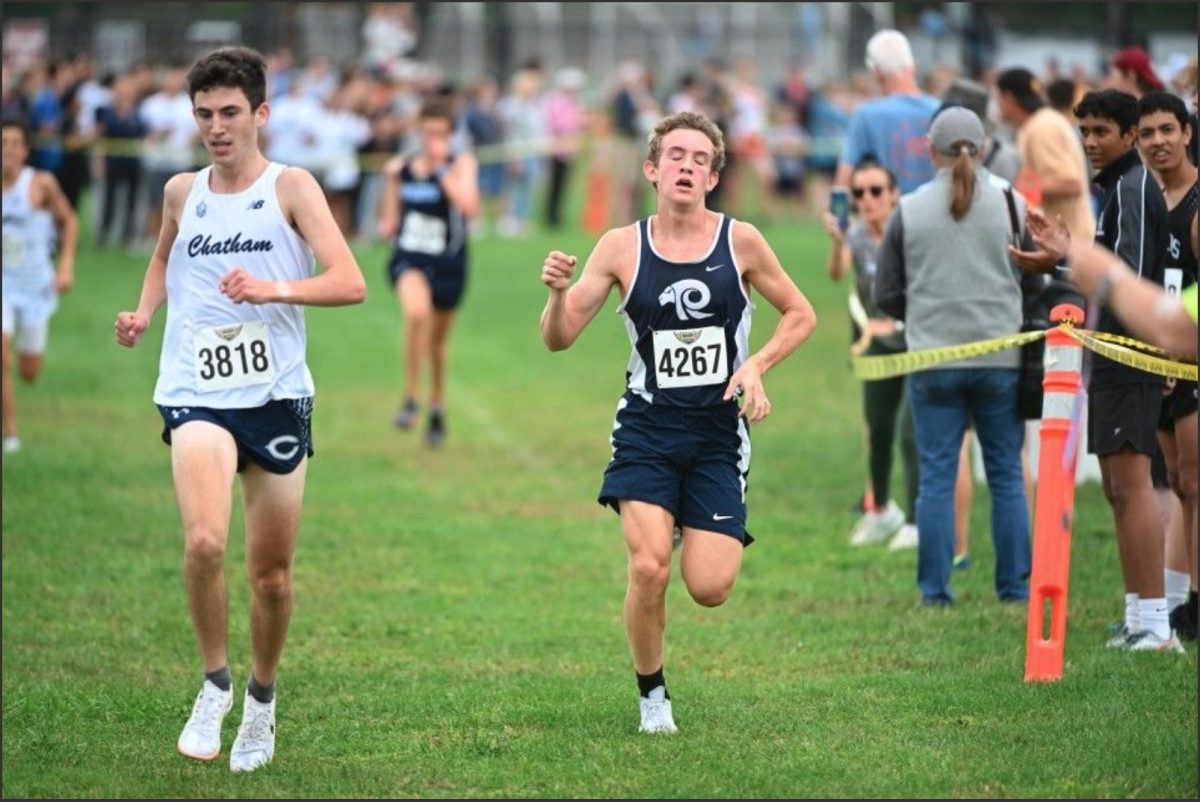
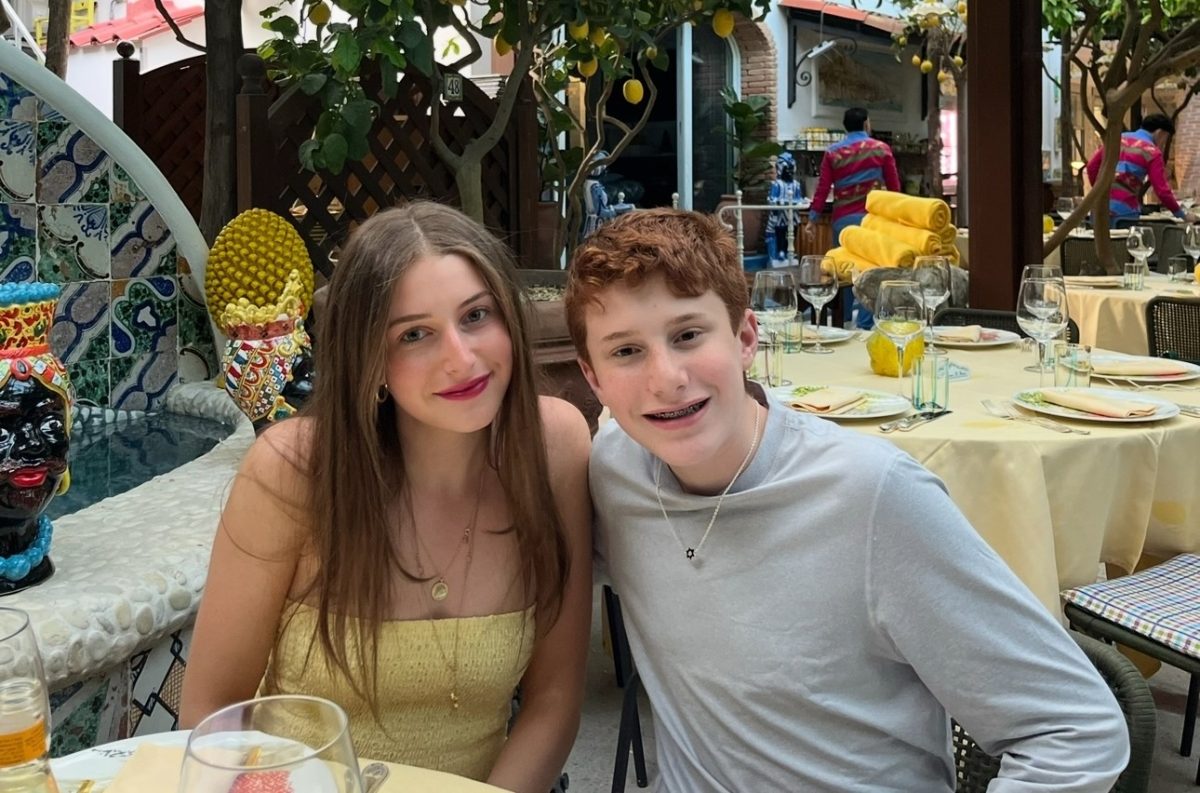

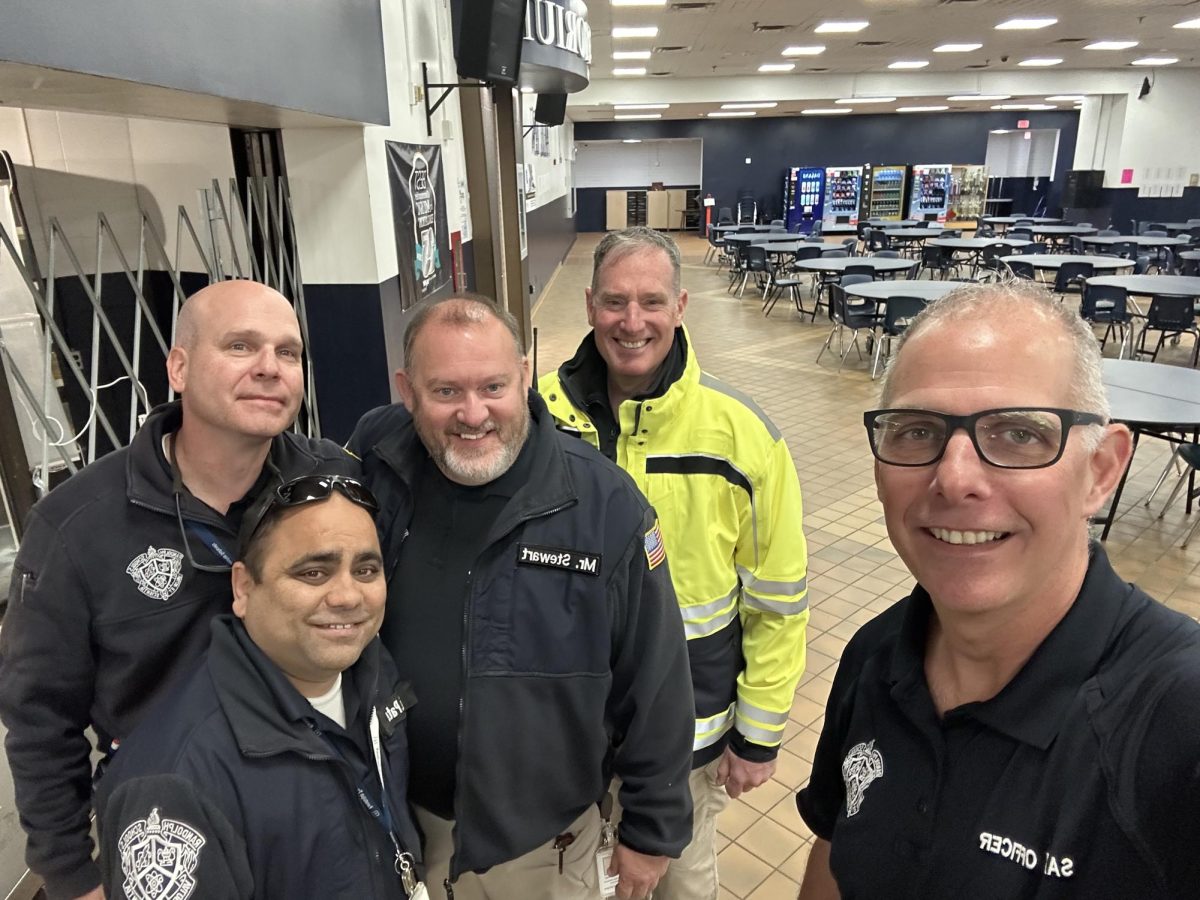

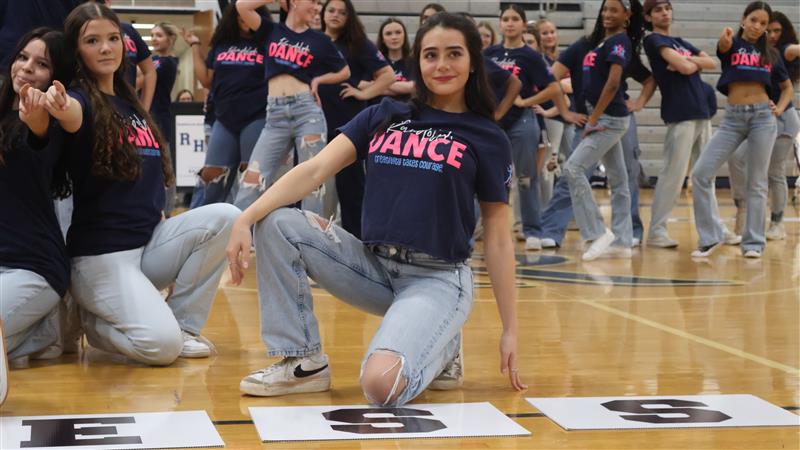

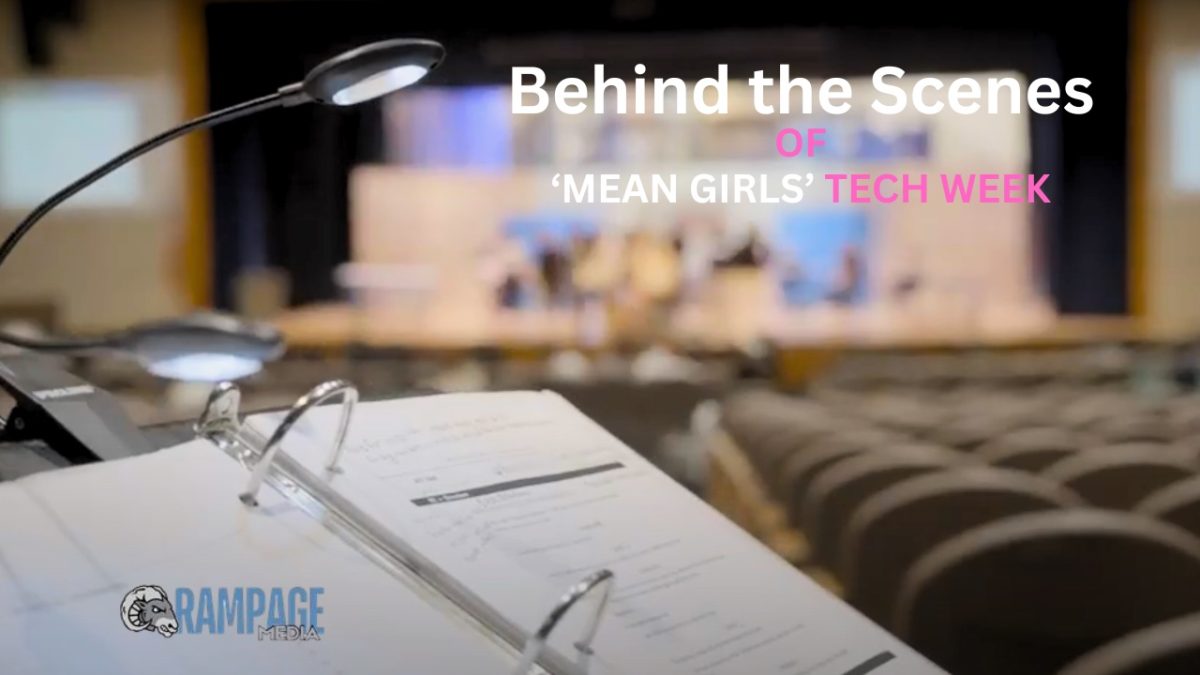
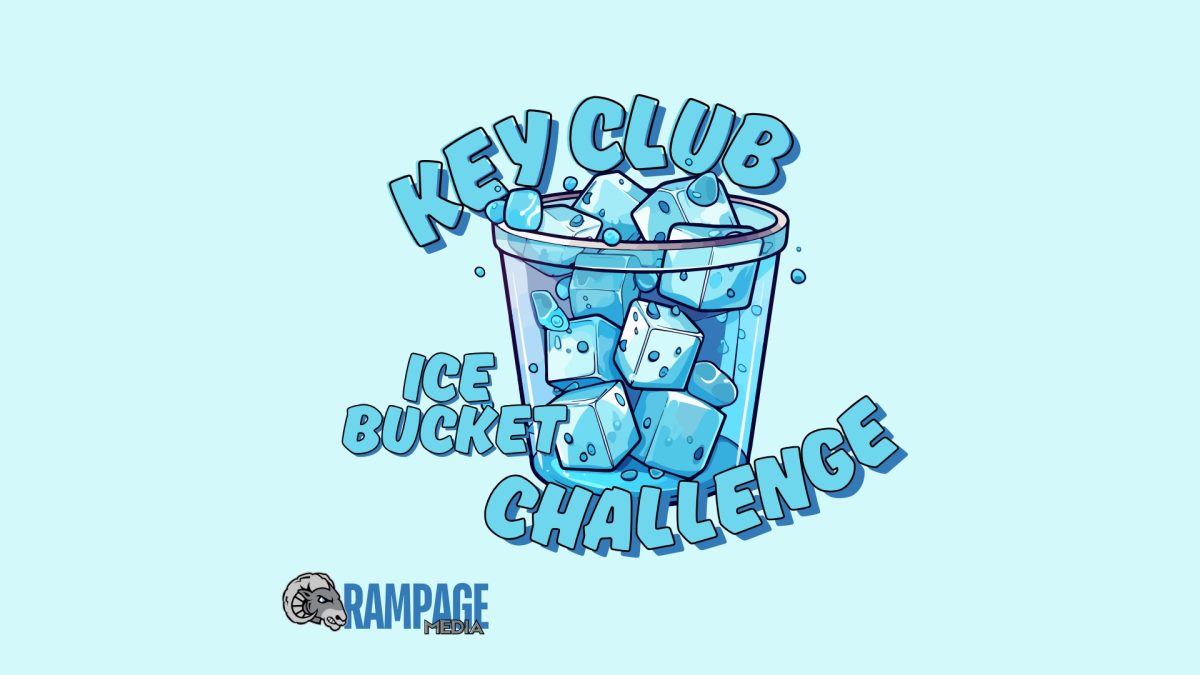
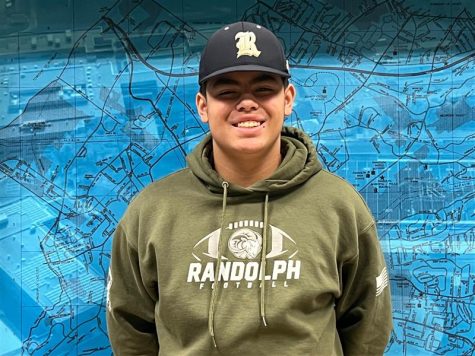

Bridget Bocchino Hochstuhl • Jun 9, 2025 at 4:16 am
Well said, Cole! You truly are an amazing son, brother and young man. It is an honor to know your family. Your mom is one of the most loving, caring, and compassionate people I know. Best of luck in your career path as you tackle changing the world by following your passion of becoming a physical therapist.
Mrs Moser • Jun 8, 2025 at 4:56 pm
Cole, I am so incredibly proud of you for sharing your family’s story. Your mom was so brave during this process and held you all closer, so you would not be so scared. I am in awe of her! May God bless your “healthy” family moving forward and best of luck with your studies. ❤️
Cynde Cabatic • Jun 8, 2025 at 3:07 pm
So proud of you Cole for writing this article. I know that time in your life was full of uncertainty, and a lot of responsibility was placed on you. You handled it with fortitude, patience and love. Thank you for sharing your thoughts and fears during that time. And sharing your story and mine. I love you!! ❤️
Mom